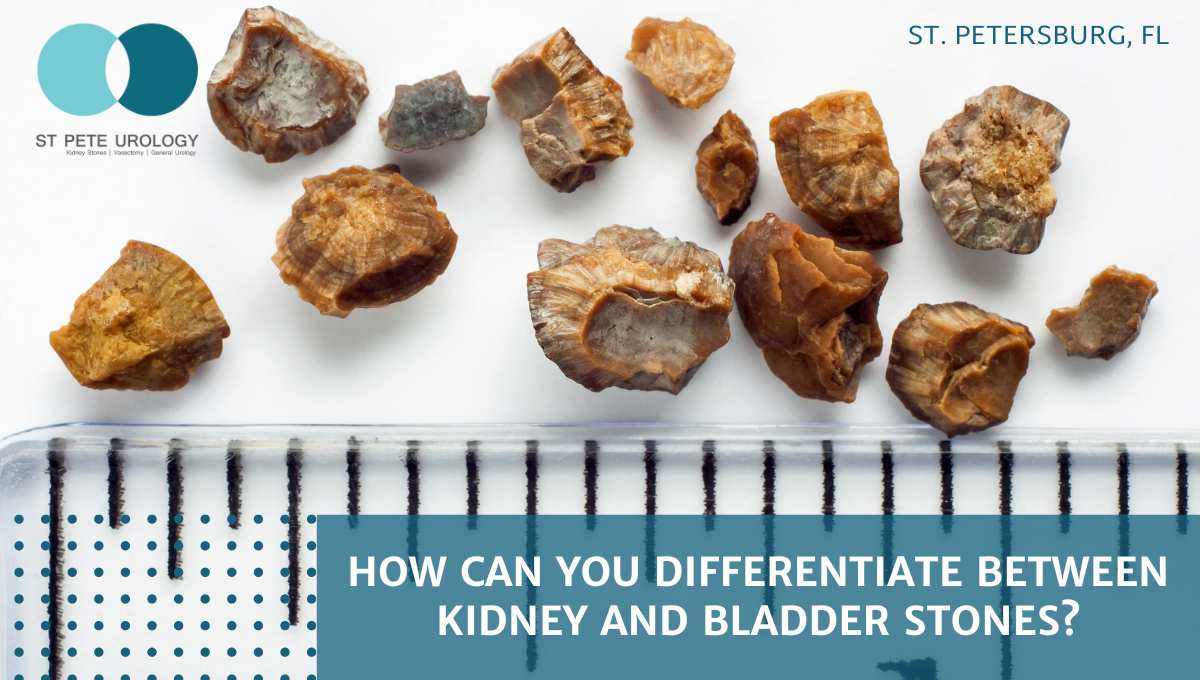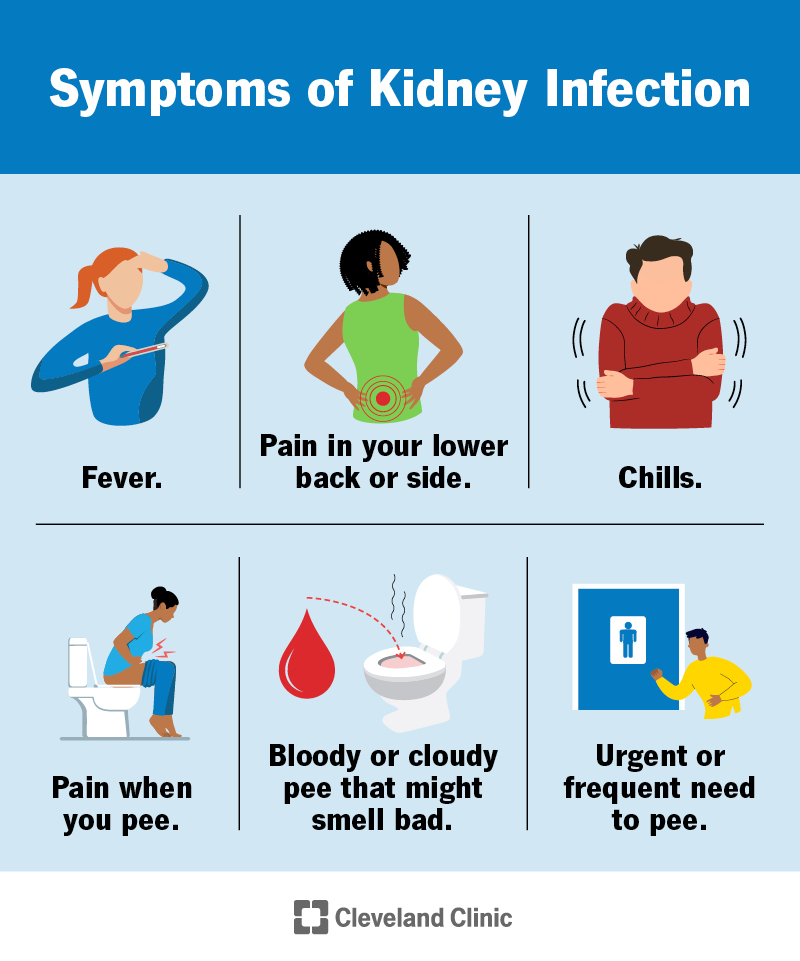Kidney Stones vs UTI: Comprehending the Overlapping Manifestations and Therapy Methods
Kidney Stones vs UTI: Comprehending the Overlapping Manifestations and Therapy Methods
Blog Article
Exploring the Effects and Causes of Kidney Stones in Contrast to Urinary System Tract Infections: A Thorough Overview
The exploration of kidney stones and urinary system system infections (UTIs) discloses an intricate interaction of symptoms and underlying causes that warrant careful evaluation. What are the essential differences in their signs, and exactly how might these notify treatment techniques?
Introduction of Kidney Stones
Kidney stones, likewise understood as renal calculi, form when certain substances in the pee crystallize and accumulation, bring about the growth of tough down payments within the kidneys. These rocks can vary in size, ranging from a grain of sand to a golf round, and can be made up of numerous products, the most common being calcium oxalate, uric acid, struvite, and cystine. The development of kidney rocks is affected by a number of elements, including nutritional behaviors, liquid intake, and genetic proneness.
Signs of kidney stones may consist of serious pain in the back or side, blood in the pee, nausea or vomiting, and regular urination, specifically as the rock moves through the urinary system tract. Medical diagnosis usually entails imaging studies such as ultrasound or CT scans, together with urinalysis to recognize the stone's structure.
Therapy options vary based upon the size and kind of stone, along with the extent of signs and symptoms (Kidney Stones vs UTI). Little stones may pass normally with boosted fluid consumption, while larger stones might need medical treatments such as lithotripsy or surgical removal. Comprehending the pathophysiology and danger aspects connected with kidney rocks is vital for efficient prevention and monitoring
Summary of Urinary System Tract Infections
Urinary system tract infections (UTIs) are typical bacterial infections that impact any kind of part of the urinary system, consisting of the kidneys, ureters, bladder, and urethra. They primarily take place when germs, often from the stomach tract, go into the urinary system, bring about inflammation and infection. UTIs are classified right into two primary kinds: complicated and straightforward. Straightforward UTIs generally take place in healthy and balanced individuals with typical urinary system systems, while complex UTIs may occur in individuals with underlying conditions, such as architectural problems or compromised immune systems.
The occurrence of UTIs is significantly higher in ladies than guys, mainly due to physiological differences, such as a much shorter urethra. Danger factors consist of sex, specific contraceptive techniques, urinary retention, and dehydration. The medical diagnosis of UTIs is generally validated through pee examinations, which may disclose the existence of microorganisms, leukocyte, or red cell.

Signs And Symptoms of Kidney Stones
The pain related to kidney stones can show up in numerous methods, commonly leading individuals to seek clinical interest. One of the most usual signs is severe pain, usually localized in the reduced back or side, which might radiate to the abdominal area or groin. This discomfort, typically described as sharp or cramping, can take place instantly and may fluctuate in strength.
Furthermore, individuals might experience hematuria, or blood in the urine, which can vary from tiny total up to noticeable discoloration. This symptom might be accompanied by adjustments in urinary behaviors, such as boosted frequency or necessity, in addition to pain during peeing. Queasiness and throwing up are likewise prevalent, commonly resulting from the body's response to intense pain.
In many cases, people might experience fever and chills, specifically if a secondary infection establishes as a result of the obstruction brought on by the rocks. On the whole, the combination of extreme pain, hematuria, altered urinary system patterns, and stomach symptoms can offer substantial understanding into the presence of kidney stones, calling for punctual medical evaluation and treatment. Recognizing these signs and symptoms is essential for timely diagnosis and efficient monitoring of the problem.
Signs And Symptoms of Urinary Tract Infections
Infections within the urinary tract frequently provide an array of distinct signs and symptoms that can significantly impact life. The most common signs include a consistent desire to urinate, typically gone along with by a burning experience during urination, understood as dysuria. Individuals may also experience increased frequency of urination, producing little quantities of pee each time.
Various other significant signs and symptoms consist of gloomy or smelly urine, which may indicate the existence of germs or pus. In some situations, urine may show up pink or red because of the presence of blood, a condition recognized as hematuria. In addition, find more information people may experience pelvic discomfort or stress, which can additionally worsen the feeling of urgency.
Systemic signs and symptoms might also show up, such as Website high temperature, chills, and exhaustion, specifically if the infection has risen to the kidneys. It is vital to identify these signs early, as neglected urinary system system infections can result in extra serious problems. Kidney Stones vs UTI. Motivate medical attention is suggested when these signs are observed, enabling proper diagnostic evaluation and therapy to ease discomfort and protect against additional health problems
Sources Of Each Condition
Regularly, kidney rocks and urinary system infections arise from unique yet occasionally overlapping causes that can affect people in different ways. Dehydration, insufficient fluid intake, and high-sodium diet plans can aggravate these problems, promoting crystallization within the urinary system.

Recognizing these unique causes is vital for prevention and treatment. Kidney Stones vs UTI. While lifestyle alterations might alleviate the danger of kidney stones, ideal health and timely treatment of urinary system system infections are vital for decreasing their recurrence and linked difficulties
Final Thought
In summary, kidney rocks and urinary system tract infections existing unique signs and underlying reasons. Kidney rocks are characterized by extreme discomfort and metabolic elements, while urinary system tract infections mainly involve microbial infections causing urinary necessity and discomfort. Both problems can result in hematuria, their formation systems differ substantially. Understanding these distinctions is important for effective diagnosis and treatment, eventually improving individual outcomes for those impacted by either condition.
The exploration of kidney rocks and urinary system tract infections (UTIs) exposes an intricate interplay of signs and underlying reasons that warrant cautious exam.Urinary tract infections (UTIs) are typical microbial infections that affect any component of the urinary system, consisting of the kidneys, ureters, bladder, and urethra.Regularly, kidney stones and urinary tract infections emerge from distinctive yet in some cases overlapping reasons that can affect people differently.In recap, kidney rocks and urinary system system infections present distinct signs and pop over to this site underlying reasons. Kidney rocks are defined by extreme discomfort and metabolic factors, while urinary tract infections mainly include microbial infections leading to urinary system necessity and pain.
Report this page